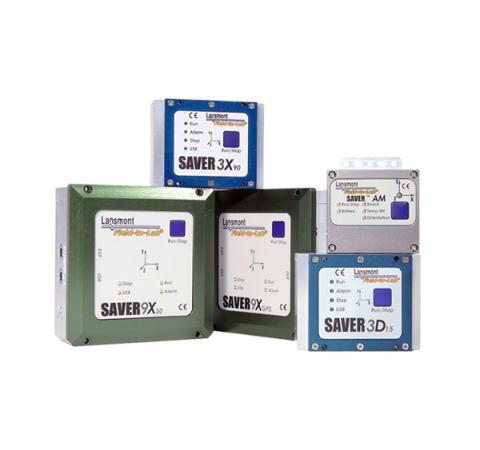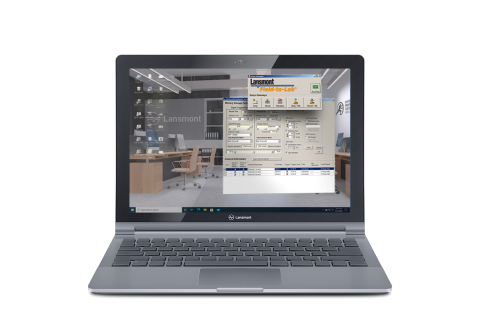Midea implemented Lansmont's SAVER 3X90s solution to characterize Chinese distribution and create an archive of dynamic and environmental transport data.


Midea implemented Lansmont's SAVER 3X90s solution to characterize Chinese distribution and create an archive of dynamic and environmental transport data. Using this data, Midea was able to optimize their warehouse, storage, and distribution processes, while also designing packaging to protect their products during shipping.
Midea, a leading household appliance manufacturer based in China, was facing a significant challenge in their logistics operations. As one of the top 5 appliance manufacturers worldwide, Midea had experienced substantial growth in sales and shipping volume, putting increasing stress on their warehousing and distribution processes.
To address this challenge, Midea turned to Lansmont testing solutions to reduce damage caused by manual handling, and to improve the effectiveness and performance of their packaging designs.
The challenge
Midea faced two significant obstacles to their logistics operations: competitiveness profit margins, which necessitated cost reduction initiatives, and the increased volume of sales and shipping. These factors increased pressure on warehousing, storage, and distribution processes, which were becoming less effective and more prone to damage caused by manual handling.
The solution
Midea implemented Lansmont's SAVER 3X90s environmental data recorders to characterize distribution and create an archive of dynamic and environmental transport data. This innovative technology allowed Midea to collect field data and create a database of information on how their products were handled during transportation.
Using this data, Midea was able to optimize their warehouse, storage, and distribution processes, while also designing packaging to protect their products during shipping.
The Field-to-Lab® approach used by Lansmont allowed Midea to collect data on the environmental conditions and dynamics of transport and bring it back to the laboratory to develop new testing protocols for packaging. This approach helped Midea establish product fragility criteria and design packaging to protect those elements during transportation.
The results
Midea's implementation of Lansmont's testing solutions has resulted in significant savings. By optimizing their warehouse, storage, and distribution processes and designing better packaging, Midea has saved over $1.2 million per year.
With the optimization of their logistics operations, Midea has also been able to reduce damage to their products during transportation, resulting in happier customers and safeguarding their brand reputation.
Conclusion
Midea's success with Lansmont's testing solutions demonstrates the power of collecting data in the field, bringing it back to the laboratory, and using it to optimize logistics operations.
With the right tools, companies like Midea can achieve significant savings while protecting their products and maintaining a good reputation with customers.
By working with Lansmont, Midea has been able to overcome their challenges and achieve their goals, setting a high standard for others in the industry to follow.